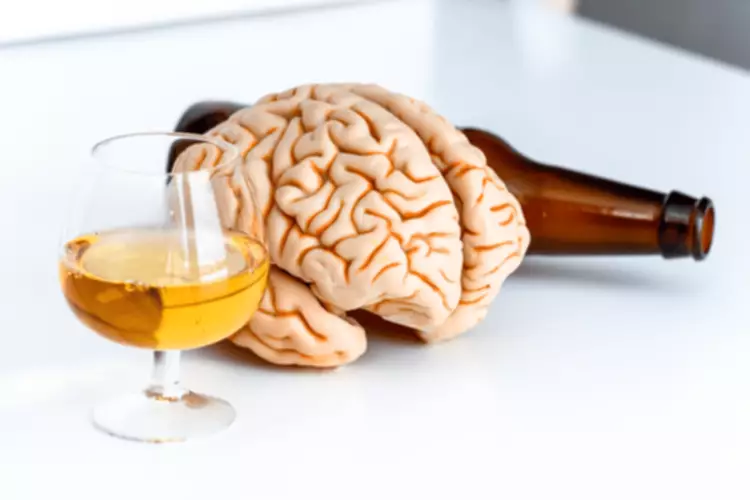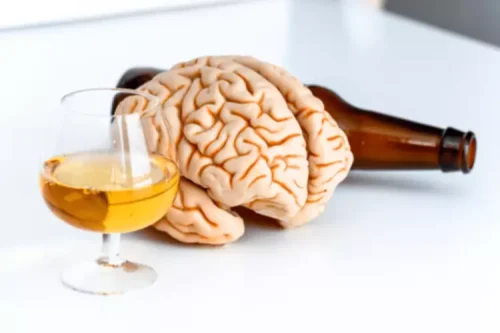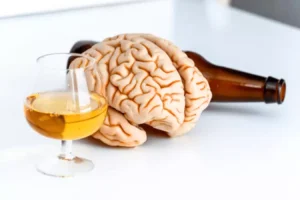
Myths about addiction or substance use disorder (SUD) are widespread and can be harmful. These myths often perpetuate stigma, hinder treatment, and prevent open conversations that could facilitate recovery. Successful recovery often requires treating the mental health condition and the substance use disorder concurrently, ensuring a holistic and sustainable path to healing.
- Waiting for the person to hit “rock bottom” before getting treatment can be hazardous and delay their recovery process.
- While it is true in some cases that a person may choose to experiment with a substance, it does not mean that they actively chose to struggle with addiction.
- Willpower alone won’t cut it when it comes to overcoming addiction.
- Sustained recovery depends on continuous support, therapeutic counseling, and relapse prevention strategies.
- It can even serve as a helpful tool to teach addicts about the changes they need to make to see long-term improvement.
- Mark Twain said, “Giving up smoking is the easiest thing in the world.
Common Myths About Addiction—and the Truth

Treatment for addiction is not a cure, but rather the initial step towards wellness. It is a complex disease, not fully understood by the medical world, and often comes with social stigma and shame. Seeking treatment is vital for individuals struggling with addiction, as it provides them the tools and support needed to embark on their path to recovery. We must understand that addiction is not a choice, but a consequence of various factors such as genetics, environment, trauma, myths about addiction and recovery or mental health disorders.

I Think I’m Going Through Marijuana Withdrawal
The purpose of these treatments is to tackle the root cause of addiction and give people the tools to cope and stay sober. To oppose the stigma of addiction, we need an atmosphere that encourages dialogue and understanding. This involves education, sharing accurate info, and dispelling stereotypes.

Myth 4: You can’t force someone into treatment; they have to want help.
They can help individuals understand the nature of addiction, assess their specific needs, and develop a https://ecosoberhouse.com/ personalized treatment plan. By addressing addiction in its early stages, individuals have a higher chance of successful recovery and minimizing the negative impact on their lives. Addiction can lead to profound changes in the brain, eroding a person’s self-control and decision-making abilities while sending intense impulses to take drugs.
This makes it difficult to sort out the facts about drug abuse from fiction. Warren is a Licensed Master Social Worker, who specializes in substance abuse and mental health treatment. Clinically, Warren has developed a therapeutic skillset that utilizes a strengths-based perspective, Twelve Step philosophies, Cognitive Behavioral Therapy and Motivational Interviewing. We must understand addiction is not a choice, but a complex disease. Instead of blaming and judging, we should provide compassion and support. This leads to embarrassment and silence, hindering individuals from seeking help or honestly speaking about their battles.
Stigma surrounding mental illness can make it even harder, so it’s important to give comprehensive care that looks after both. By understanding this, healthcare workers can give dual diagnosis sufferers the right treatment. We’ll explore the dangers of delaying treatment, the reality of relapse, and the undeniable fact that addiction is a treatable illness. Brace yourself for eye-opening insights and a fresh perspective on addiction and recovery. Addiction is a complex issue influenced by multiple factors – it’s not a mere choice. In this section, we’ll uncover the various contributors to addiction and debunk common misconceptions.
- Some people do better in a program close to home, while others need distance from triggers.
- Keep in mind that most people with addiction who experience a recurrence will return to recovery.
- Recognizing the need for professional help and personalized treatment plans is essential for increasing the chances of long-term recovery and reducing the risk of relapse.
- Its impact is profound, influencing lives on personal, communal, and systemic levels.
- This report shows that over 48 million people 12 years old and older had a substance use disorder in the past year.
Dual diagnosis and addressing mental health what is alcoholism issues are also vital in the recovery process. Thus, comprehensive treatment approaches that address both substance use disorder and mental health are necessary for successful recovery. The idea that individuals with addiction are awful and deserving of discipline comes from a lack of understanding about addiction’s nature.
For some, having loved ones nearby can make a big difference in their recovery journey. However, others may benefit from a fresh environment to focus entirely on their recovery without the distractions or reminders of their past habits. While completing treatment is a huge step, it’s also the start of a lifelong commitment to maintaining a healthy lifestyle. Aftercare is critical to a well-rounded recovery plan, including support groups, continued counseling, and connection to others in recovery.

Habits for Proper Mental Health
- Humanizing addiction through personal stories is another potent method to challenge stigma.
- Open communication and healthy boundaries strengthen relationships.
- Alcoholics Anonymous is the main treatment path of alcohol use disorder.
These factors can shape an individual’s susceptibility to addiction. From natural remedies to medical treatment, find the support you need. Relapse is often seen as failure, but this perspective is both harmful and untrue.
